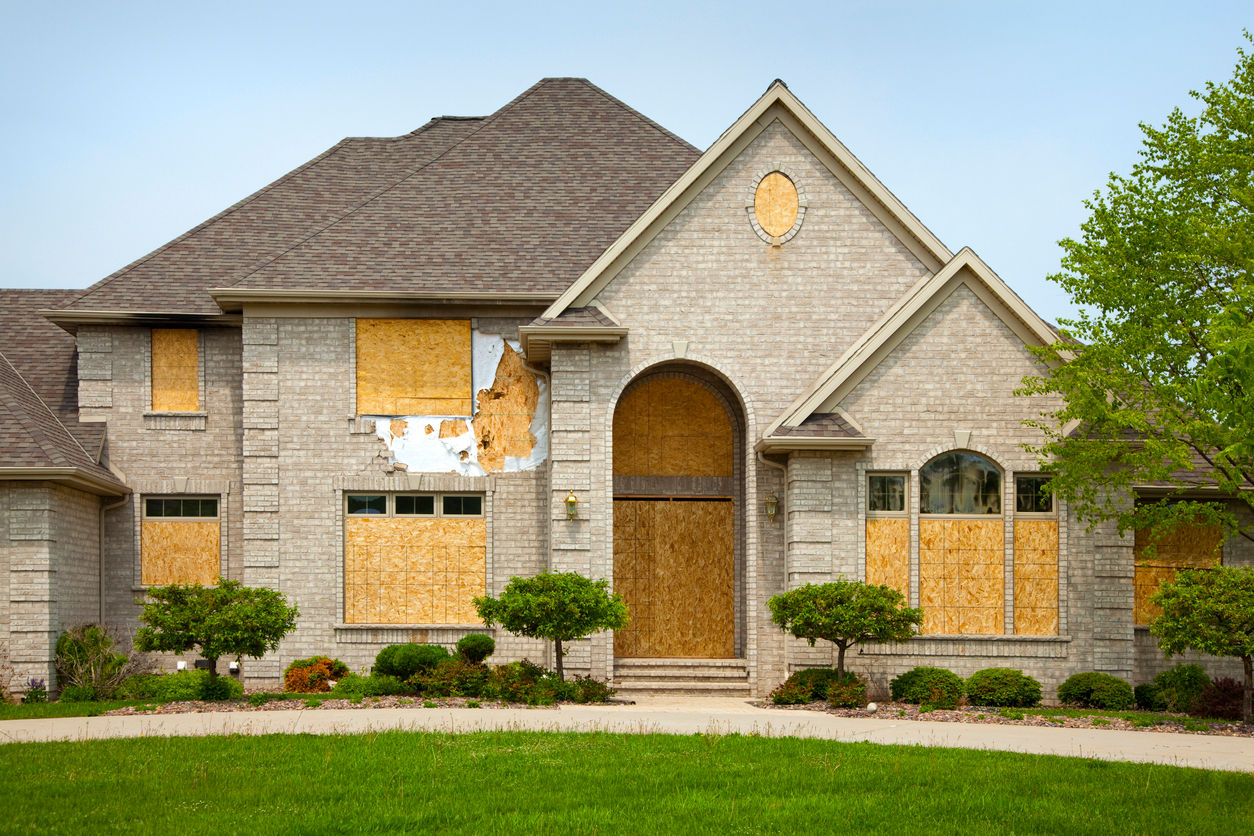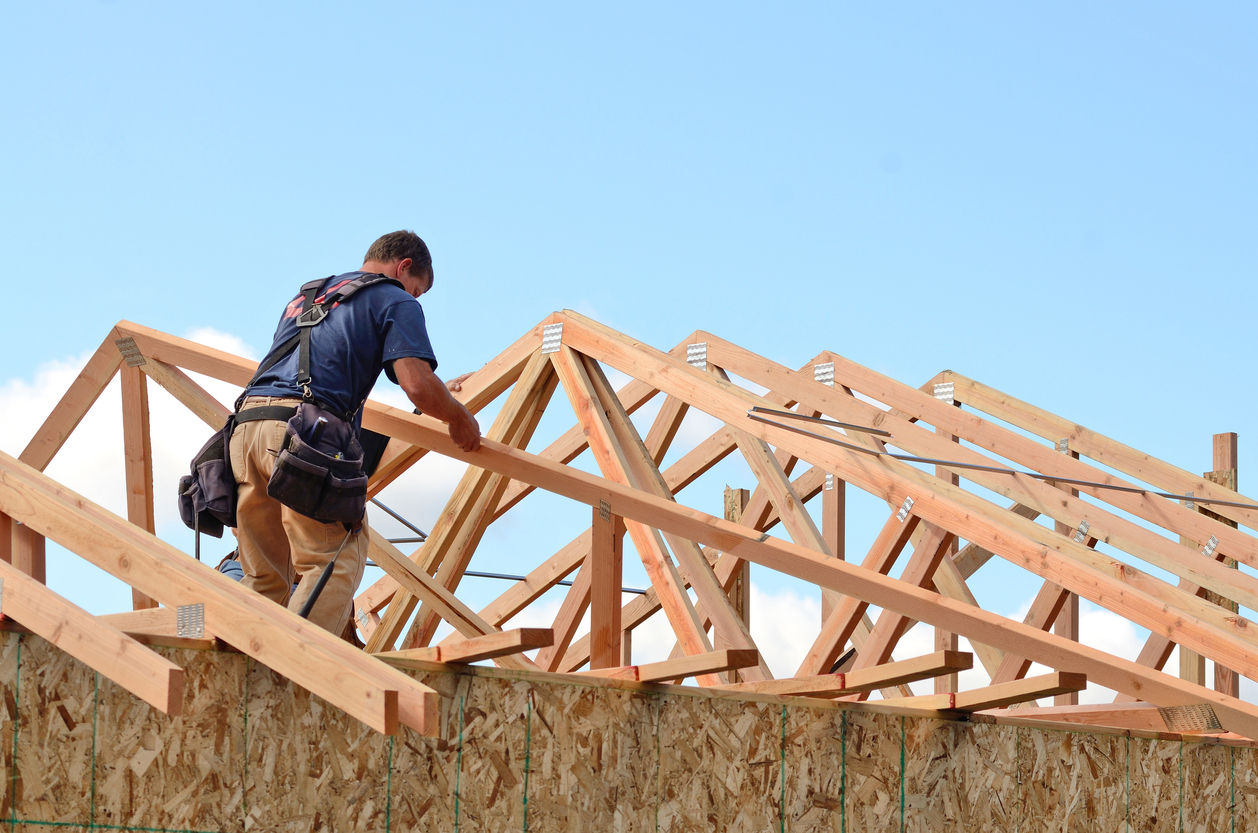Things that Fail a Home Inspection (Top 6)
There are certain non negotiable things one must see through before a home inspection. Some might seem obvious, so how does one fail? You fail a home inspection when buyers pull out of the deal the offered, based on the home inspection report, unless you are willing to make extensive and expensive repairs to the property.
So what are the things that fail a home inspection? Let’s take a look at the most common home problems that can be a make or break before selling your home.
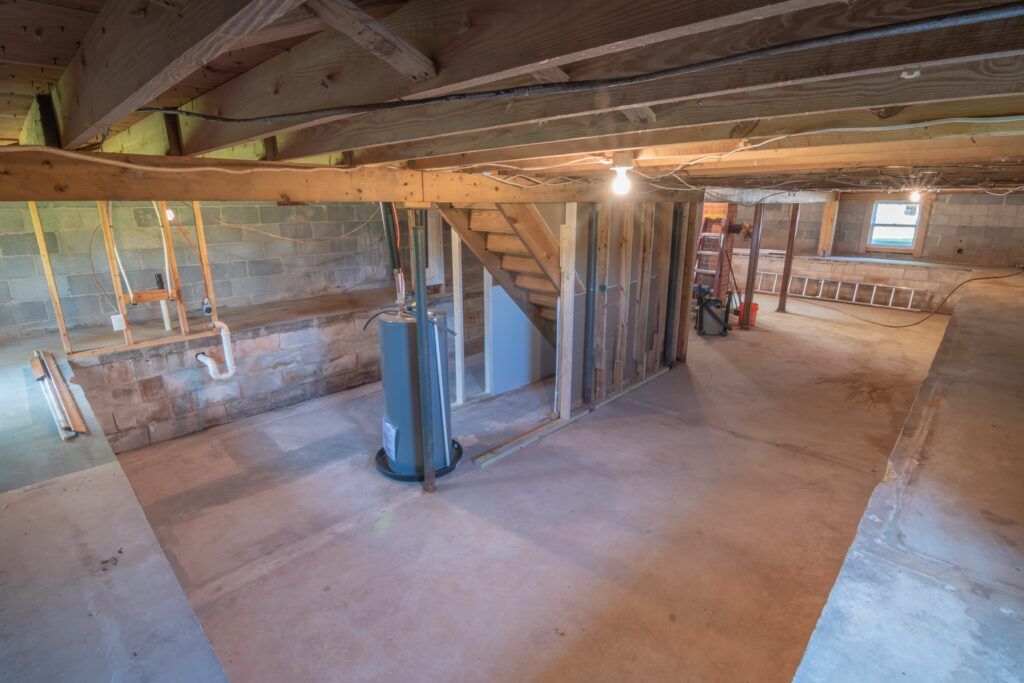
1. Foundation and Basement
Many seasoned experts agree that water is the most prominent enemy of a structure. Maybe it slopes back towards the house when it rains, damaging the crawl space, flooding the basement, and rotting the foundations. Basements are more prone to water damage because they lie beneath the ground level. Even if there is no rainwater coming in, underground water can seep in and cause a moist and moldy basement.
Depending upon the cause, a damp basement can cost anywhere from $2,000 to $6,000 to fix. And it’s a big red flag in a home inspection report.
The same is the case with foundation problems. If you have bowed walls, long-running cracks, or doors that don’t close properly, you might have a house foundation problem. Based on a thorough visual analysis, an inspector might conclude the foundation damage severe enough to warrant immediate repairs, averaging around $4,200. That’s a very undesirable thing to have on your inspection report.
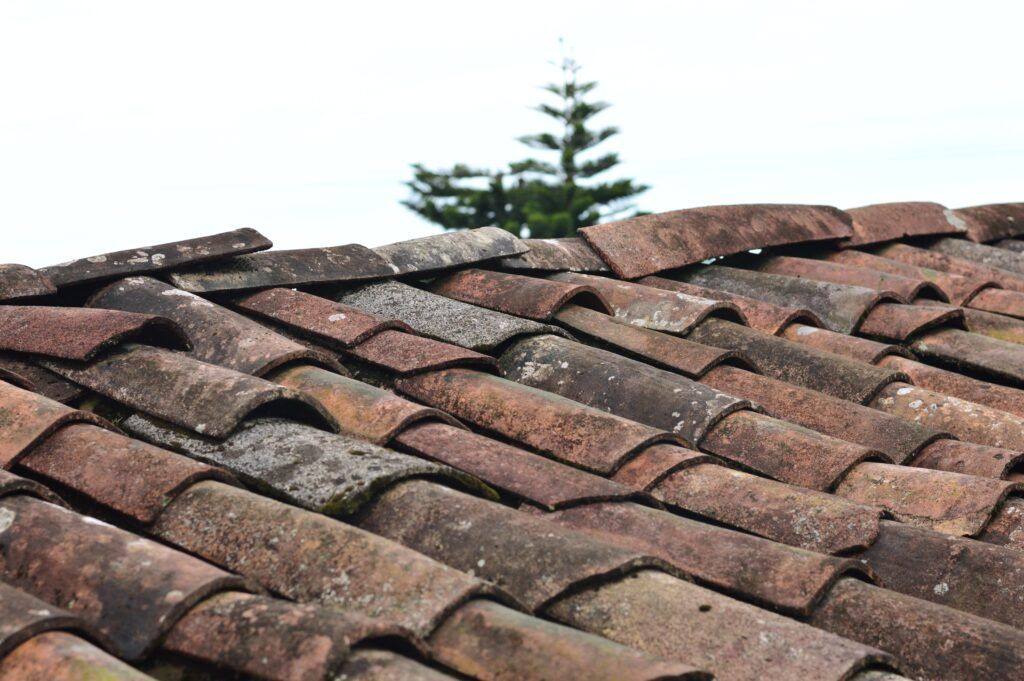
2. Roofing
Just like the space beneath the house is the victim of water, roofing in a house suffers because of other elements. Roofing problems are one of the most common causes of failed home inspections in areas with heavy rain and snow. Poorly done roofing might succumb to elements much faster than a good, solid roof. Also, every roofing material has its life expectancy.
The most common roofing issues include curling, cupping, and the rotting of asphalt and wood shingles. If not repaired in time, they can cause long term damage and substantial leaks. Even expensive materials like concrete and slate tiles are susceptible to elements. Any significant roof damage and leakage, that requires repair or replacement, is a big red cross on your home inspection report.
3. Heating and Cooling Systems
Another thing that fails a home inspection if not paid close attention to is the heating and cooling system of the house. They check if your duct work is in optimal condition and without any leaks; they check the state of the filters, heat exchanger, furnace, AC units, and thermostat; and they see if the piping is properly insulated or not.
And it’s not just visual inspections. Inspectors check the functionality of either the heating system in the winter or cooling system in summer. Issues with heating and cooling systems are some of the most common home inspection problems. If the issues are substantial, they may downgrade your inspection report.
4. Electrical Systems and Wiring
Old and substandard wirings are one of the most common things that fail a home inspection. This is typically a problem with old homes. And it’s not just the quality of the wiring that creates problems. Insufficient power outlets, inadequate overcorrect protection, overusing, and improper grounding. These are just some of the issues that can cause an inspector to mark your electrical systems as faulty and in need of repair.
And if the writing is concealed, buried within the walls, it will add substantial cost to the repairs. It can easily cost as much as $2,000.
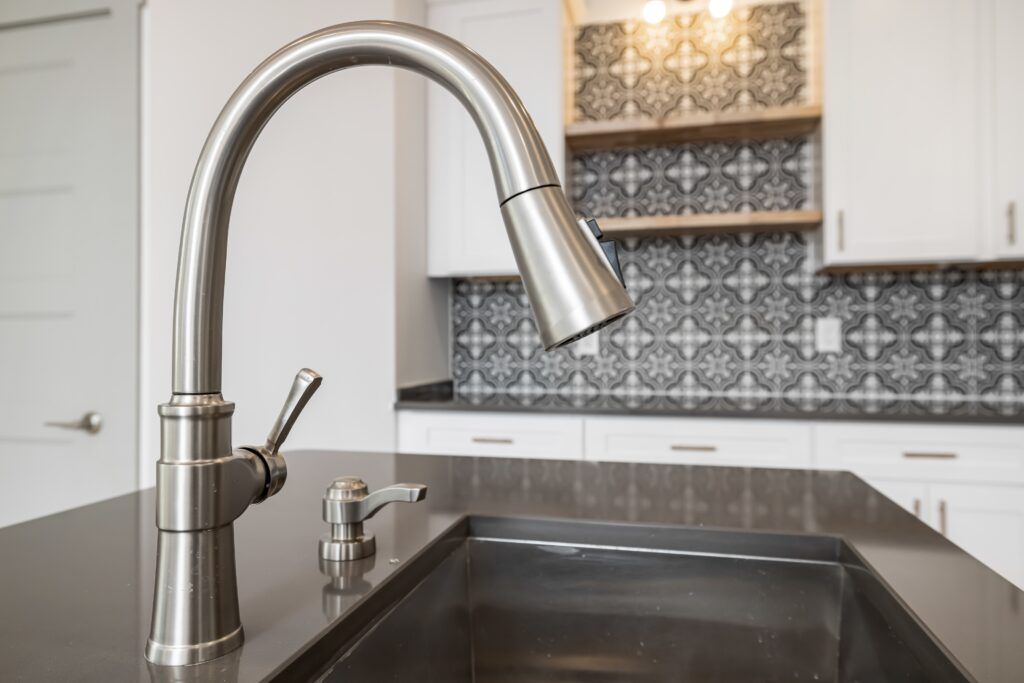
5. Plumbing
Just like water outside the house is a problem, so is the water inside. Leaks are the most common plumbing problem found in most home inspection. And depending upon the extent of the leak and cost of repairs, it can seriously devalue your property. Significant leaks can also be the cause of other problems like mold and damp basements.
The use of the wrong piping material is another of the common home inspection problems. The use of polyethylene pipes is illegal for most regular plumbing requirements. Polybutylene pipes and GI pipes are obsolete. The presence of these in your home’s plumbing system is another way you can fail your home inspection. Replacing the whole plumbing of a home is a very costly undertaking. And if you don’t commit to remediate this issue, the buyer might pull out from the deal.
6. Rotting Wood and Other Problems
Wood is susceptible to rotting in the presence of water and moisture. That’s true for all wooden structures in your house. An inspector will look for rots in your flooring, your door, and window frames. Mold and mildew are another major game changer for your inspection report. Since mold always points to another significant underlying problem, it could be moisture build-up, improper aeration, or inadequate natural light exposure.
Any persistent smell without any apparent source is also a cause for worry. If there are traces of termites or other pests, it might warrant a proper pest inspection, even you or the buyer wasn’t planning to get it done in the first place.

Things That Fail a Home Inspection (Final Thoughts)
These are some of the most common problems found in home inspections. The ideal scenario is that a home seller takes care of these problems before putting the house on the market. But we don’t live in a perfect world. If any of the significant issues in a home inspection are found, then it’s prudent to discuss your option with your real estate and the buyer.
In most scenarios, you can come up with a solution that’s beneficial for both parties. You may make some repairs and shave some amount off your selling price so that the buyer can take care of the rest. An excellent real estate agent can help you negotiate a low offer on your home. And you mustn’t get emotional about the faults of your property that are pointed out to you in a home inspection.



